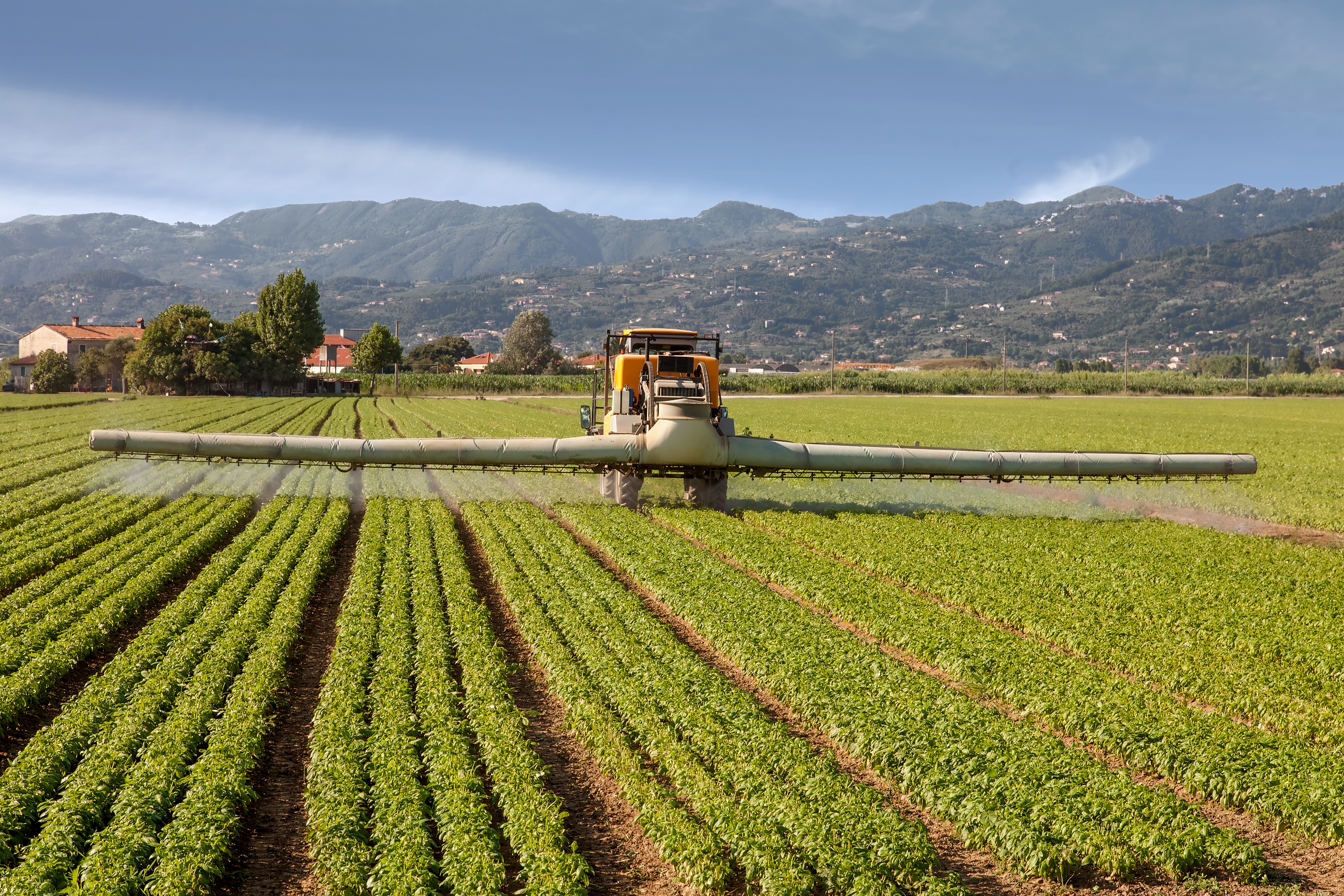
California is widely known being on the forefront of environmental reform and innovative environmental legislation. Now California has a new distinction in the area of food safety regulation. The Governor of California passed SB 27 of the California Food and Agricultural Code in October, 2015, to mandate strict regulations on the use of antibiotics for farm animals. SB 27 is more rigorous than the analogous law under the Food and Drug Administration, and is the strongest law in the United States prohibiting the routine use of antibiotics in animals.
The over-consumption of antibiotics by farm animals has been a longstanding and significant health concern as it has been linked to killing tens of thousands of people each year from the introduction of drug-resistant superbugs and causing nearly two million people annually to become ill from food related diseases. Large food suppliers and restaurants, such as McDonalds, Perdue and Walmart have publicly announced their intentions to limit or discontinue the use of antibiotics in the products they manufacture or sell.
The new law, which goes into effect in January, 2018, prohibits meat producers from administering antibiotics to stimulate growth in farm animals, including cows, chickens and pigs. According to the bill, antibiotic use is authorized only when an animal is sick and antibiotic administration is overseen by a veterinarian, or in order to avoid infections when an “elevated risk” exists. Antibiotics cannot be given on a regular basis.
The antibiotic legislation in its current form is a stricter version of a similar bill proposed and struck down by Governor Brown last year. The general marketplace trend toward eliminating antibiotics and the acceptance of antibiotic use as a legitimate health concern was likely instrumental in the lack of significant opposition to the current bill from the meat and poultry associations.
Contact Shane Coons at 949-333-0900 or visit his website at www.ShaneCoonsLaw.com to find out more about the practice.
